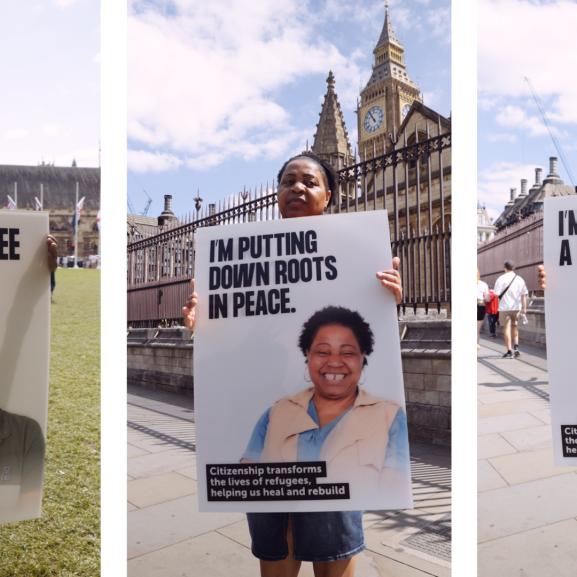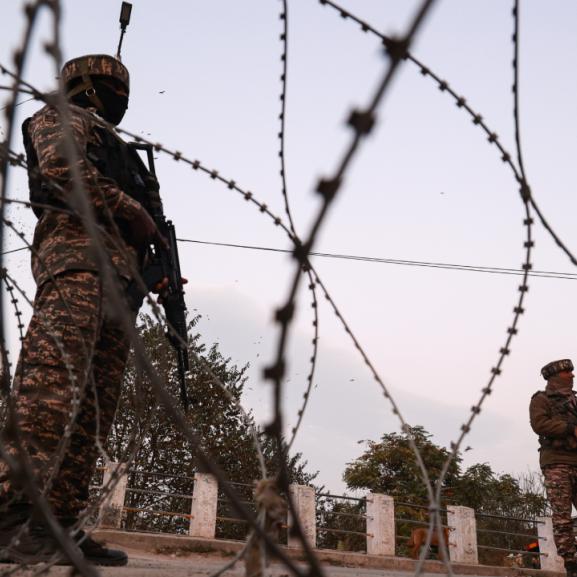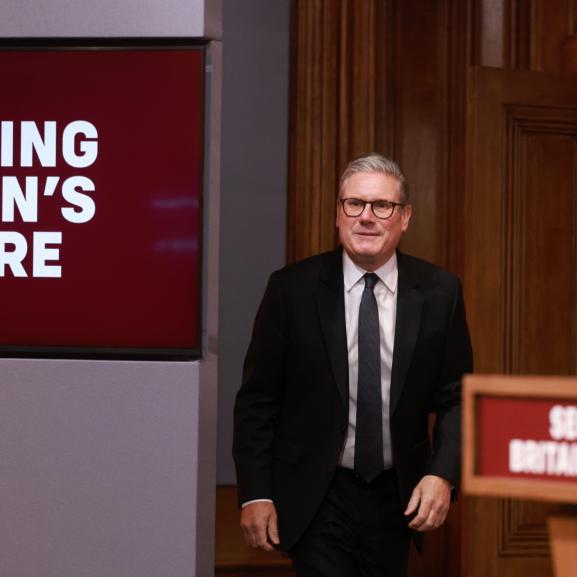Traumatised Kosovans Should Not Be Returned Home
The Home Office should assess the health and mental health needs of those who fled atrocities in Kosovo on a case by case basis before deciding whether to repatriate them, the Medical Foundation for the Care of Victims of Torture has warned. The demand follows a fact-finding visit to Kosovo by the charity which revealed that mental health services available there are "far from adequate".
In a new report entitled "Mental Health Services in Kosovo", the Medical Foundation draws attention to a chronic drugs shortage in psychiatric wards, a woeful lack of facilities for treating mentally disturbed children, and the ostracising of raped women - even by their own families. The Medical Foundation says a growing number of people who fled Kosovo after Serbian special police and paramilitaries embarked on a campaign of "ethnic cleansing" in the late 1990"s are being told by the Home Office to return, although many of them are still severely traumatised by their experiences.
It warns that the failure to properly assess their mental health needs ignores a guideline from the United Nations Interim Administration Mission in Kosovo (UNMIK) that "no-one with an illness or injury that is untreatable in Kosovo should be forcibly returned until such time as the need for treatment has ended." UNMIK has consistently requested that governments forcibly repatriating Kosovans fill in a questionnaire about each case giving full details of any mental illness or mental or physical disability, along with an assessment of whether treatment would be available in Kosovo. Medical Foundation director Malcolm Smart said today: "Remarkable efforts are being made by a small number of health professionals to address the psychological and physical consequences of the 1999 war and the repression that preceded it.
"Despite the dedication of those providing mental health services, these services are far from adequate at the present time even to address the needs of the population already present in Kosovo. There is little prospect, therefore that these services would be able to meet the needs of Kosovan survivors of torture and organised violence who are currently in the UK or other countries, and who would require on-going treatment should they be forcibly returned in the foreseeable future. Each case needs proper assessment."
The report reveals that in 2003, attacks on staff at the largest hospital psychiatric ward in the capital Prishtine resulted in broken bones. Arson was committed there and two murders took place. In the same hospital, modern antidepressants, the mainstay of pharmacotherapy in post traumatic stress disorder (PTSD) are not routinely available. The range of antipsychotics is very limited and there is a total absence of some classes of drugs e.g. bipolar medication.
In Peje hospital the regional Director referred to the shortage of drugs as " a misery and catastrophe...we don"t even have elementary drugs in the psychiatric ward." The report adds that there are as yet no special mental health services for children, and no in-patient care for children in any psychiatric ward. The seven new Community Mental Health Centres that have been set up do not cater for children. Sevdie Ahmedi, executive director of the Centre for Protection of Women and Children added that women who had been raped and were sent back would face particular difficulties.
"The last persons who should be sent back are women of rape... They will be watched constantly and policed by their relatives if they were returned. They would not have a free life. Families believe that a victim brings bad luck and will bring shame on the family, because of this she will be isolated, she will suspect everyone close to her and bear the bullet all her life. "She will be labelled/marked and will experience revictimisation if returned....The organisation can only offer words. We cannot offer safety, food or the existence of survival. The situation is so bad that some women will not even want to be associated with me and avoid me in the street."
*Mental Health Services in Kosovo by Dr Helen Bolderson and Karen Simpson. Medical Foundation for the Care of Victims of Torture. £5:00
Further Information from Freedom from Torture's Press Office 0207 697 7792





